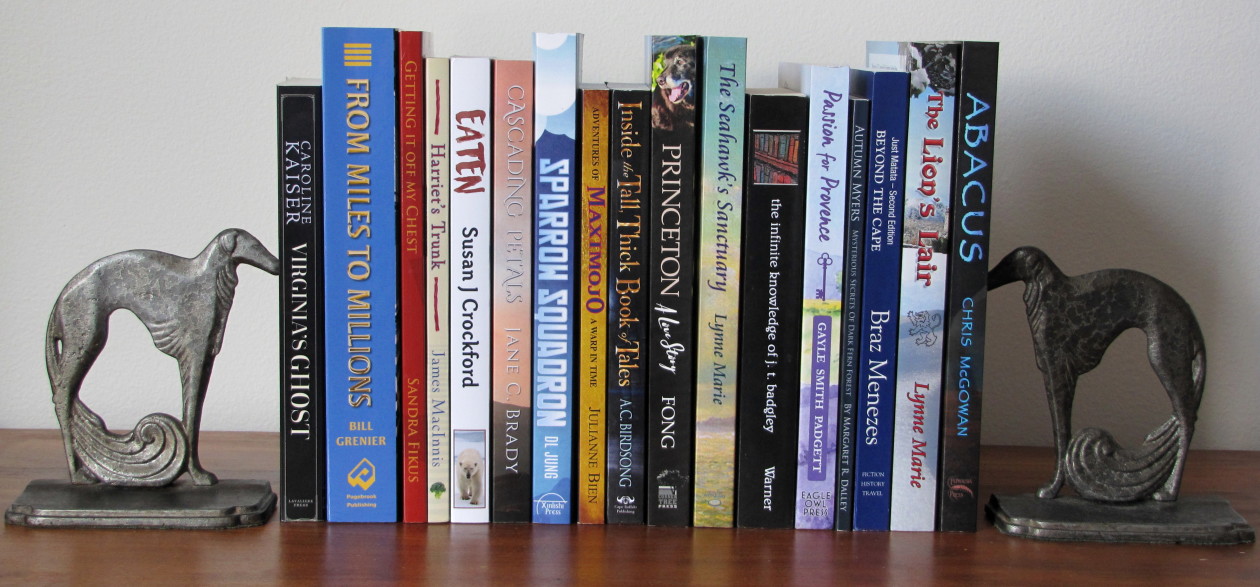The other day, my friend and colleague Arlene Prunkl and I were comparing notes about how authors sometimes treat character names, and our discussion sparked this post (a good thing, since I’ve been short on inspiration lately). I’d wanted to write about the do’s and don’ts of names but realized that what not to do was my chief concern. Here are some name-related pitfalls that are best avoided.
First of all, avoid duplication. Particularly in large, sprawling books, authors are prone to forget that they’ve already used a name, and they may accidentally use it again for a second character, which confuses the heck out of readers. Let’s say two characters have the same surname; readers will inevitably wonder if they’re related. If there’s no explanation of the connection between Dr. Harbinger and Dorothea Harbinger, readers will either keep scratching their heads or assume you mistakenly used the name twice. Either way, it’s a distraction that’s going to pull readers out of the flow of your narrative. Although you may know two people named Harbinger in real life (and they may even be unrelated), it’s best not to have two characters with an identical surname unless the relationship between them is made clear from the get-go.
Similarly, avoid names that sound too much alike or that rhyme. In most contexts, it just sounds silly and makes readers giggle (which is only fine if you want them to). When I was in high school, I had a friend whose parents were Victor and Victoria, which was even funnier when the film Victor Victoria came out. I’m sorry, but Denise and Dennis should probably not be wandering around in your book, let alone having a secret love affair, although certainly Denise and Bryan could be. And Miles, Giles, and Niles should not be let loose unless they are actually triplets and appear in nonsense verse for children.
There’s also the issue of overuse of names. I frequently see this sort of thing in dialogue:
“Well, Miles, how was work today?
“It was fine, Giles, but Niles is going to have to start delegating more work to junior colleagues.”
“I agree, Miles.”
I exaggerate here, but you get the point. When this is overdone, it can feel as if a pair of robots are speaking. There’s something stilted about constantly addressing other characters by name in dialogue. And after a while it just grates on your nerves. If you listen to real people talking, you won’t hear anyone doing this. Think about when you would actually use someone’s name in conversation. It might be when you’ve just been introduced or when you’re saying goodbye. Or it could be when you’re angry with someone or trying to get her attention. Limit usage of the name to these types of instances, and your dialogue will seem much more fluid and realistic.
Also avoid using a character’s name when you could simply use he or she and him or her without sacrificing the reader’s comprehension of what’s taking place in the scene. Consider the following:
Griselda looked in the mirror and admired her reflection. Griselda then carefully applied dark blue mascara and dabbed her favourite perfume, Shalimar, carefully on her wrists. It was a shame, Griselda reflected, that Hank would not be at the banquet to see how she had transformed herself from an ugly duckling to a graceful swan. “It’s his loss!” Griselda said to no one in particular.
Of course this snippet would be better with only one Griselda; the others add nothing except unnecessary repetition. By all means use the name when it’s needed to clarify who’s doing what. If there were two women in the room, for example, you would need to use names more often to help readers distinguish the action of one from the other.
If you avoid these name-related pitfalls, you’ll avoid confusing and annoying readers– and your prose will be seem livelier and more natural too!

 Follow
Follow